
Bournemouth University Prof. Edwin van Teijlingen was invited to take part in a panel discussion at the 4th Conference of the Canadian Society of Sociology of Health. The panel consisted of academics are long-term collaborators on a project called Birth by Design (BBD). The meeting was made possible by fellow BBD collaborator Prof. Ivy Bourgeault (University of Ottawa).
The BBD collaboration comprises academics from a range of different scholarly backgrounds including sociology, political science and midwifery. The group started in 1997 with international colleagues who worked originally on a collaborative project called ‘Birth in Europe and North-America’. This work resulted in the book Birth by Design1 and many papers in major sociology academic journals including Sociology of Health & Illness and Social Science & Medicine.2-10

The panel discussion was introduced and led by BBD collaborator Prof. Cecilia Benoit (University of Victoria, Canada). Dr. Sirpa Wrede (University of Helsinki) outlined the BBD project and the new methodological insights it provided at the time of cross-national comparative research into maternity care. Prof. Raymond DeVries (University of Michigan & Maastricht Universiteit) spoke of the difficulties Dutch midwives face in their effort to maintain the unique maternity care system in the Netherlands. Prof. Gene Declercq (Boston University School of Public Health) presented findings of a study of US mothers. Prof. Jane Sandall (King’s College London) spoke about the policy implementation gap and Prof. Edwin van Teijlingen reminded the audience to keep a theoretical perspective in mind when conducting comparative research in general. Prof. Bourgeault had organised that all slides were translated in the French as the conference was bi-lingual.
Prof. Edwin van Teijlingen
CMMPH
References:
- DeVries, R., Benoit, C., Teijlingen van, E. & Wrede, S. (eds.) (2001) Birth by Design: Pregnancy, Midwifery Care and Midwifery in North America and Europe, New York: Routledge. Birth by Design was short-listed for the 2004 BSA Medical Sociology Book Prize!
- van Teijlingen, E.R., Sandall, J., Wrede, S., Benoit, C., DeVries, R., Bourgeault, I. (2003) Comparative studies in maternity care RCM Midwives Journal 6: 338-40.
- DeVries, R., Wrede, S., van Teijlingen E., Benoit, C. & Declercq, E. (2004). Making Maternity Care: The Consequences of Culture for Health Care Systems. In: Vinken, H., Soeters, J. & Ester, P. (Eds.), Comparing Cultures, Leiden, the Netherlands: Brill, 209-231.
- Benoit, C. Wrede, S., Bourgeault, I, Sandall, J., DeVries, R., van Teijlingen E. (2005) Understanding the social organisation of maternity care systems: Midwifery as a Touchstone, Sociology of Health & Illness, 27(6): 722-737.
- Wrede, S., Benoit, C., Bourgeault, I.L., van Teijlingen E.R., Sandall, J., De Vries, R. (2006) Decentered Comparative Research: Context Sensitive Analysis of Health Care, Social Science & Medicine, 63: 2986-2997.
- van Teijlingen, E.R., Wrede, S., Benoit, C., Sandall, J., De Vries, R. (2009) Born in the USA: Exceptionalism in Maternity Care Organisation Among High-Income Countries Sociological Research Online, 14(1) www.socresonline.org.uk/14/1/5.html
- Sandall, J., Benoit, C., Wrede, S., Murray, S.F., van Teijlingen E.R., Westfall, R. (2009) The reconfiguration of professional relations with clients: social service professionalism or market expert? Current Sociology 57(4): 529–553.
- Bourgeault, I.L., Declercq, E., Sandall, J., Wrede, S., Vanstone, M., van Teijlingen E. DeVries, R. & Benoit, C. (2008) Too posh too push? Comparative perspectives on maternal request caesarean sections in Canada, the US, the UK and Finland. In: Chambré, S.M. & Goldner, M. (eds.) Advances in Medical Sociology Patients, consumers and civil society. Vol. 10. London: JAI Press, 99-123.
- Sandall, J., Benoit, C., van Teijlingen E., Wrede, S., Declercq, G. & De Vries, R. (2012) Gender and maternal healthcare. In: Kuhlmann E. & Annandale, E. (eds.) Palgrave Handbook of Gender & Healthcare (2nd edn.). Houndmills: Palgrave Macmillan, 389-404.
- Benoit, C., Sandall, J., Benoit, C., Murray, S.F., van Teijlingen E., Wrede, S., Declercq, G. & De Vries, R. Maternity Care as Global Health Policy Issue. In: E. Kuhlmann, E., Bourgeault, I. (eds.) Palgrave International Handbook on Health Care Policy & Governance, Houndmills: Palgrave Macmillan (forthcoming).

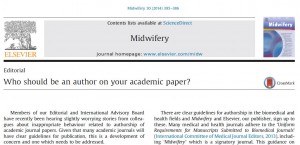

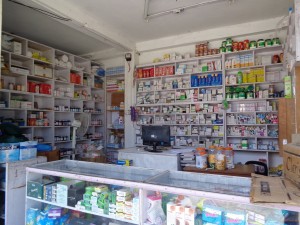
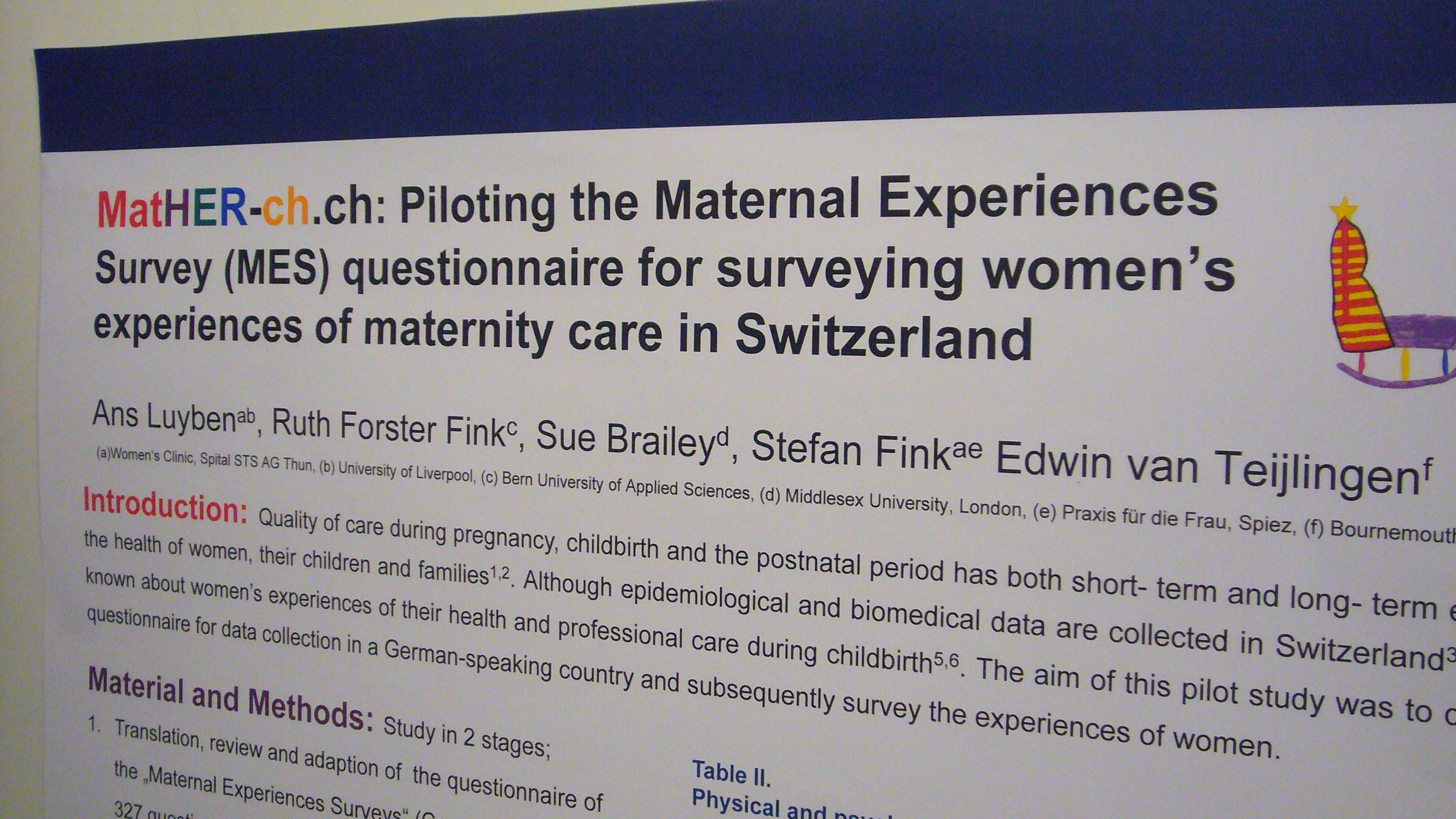
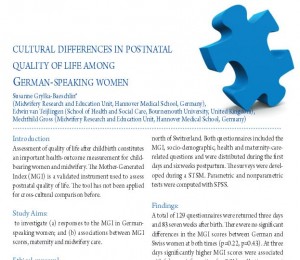


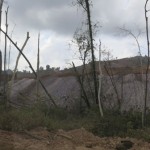
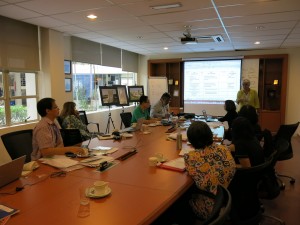

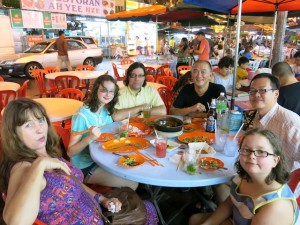



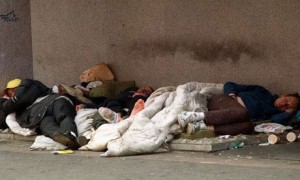
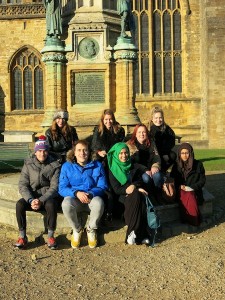











 No access to BRIAN 5-6th February
No access to BRIAN 5-6th February Missing Persons Indicator Project Recruitment
Missing Persons Indicator Project Recruitment Celebrating our Research: Postgraduate Research Showcase 2026
Celebrating our Research: Postgraduate Research Showcase 2026 Nursing Research REF Impact in Nepal
Nursing Research REF Impact in Nepal Fourth INRC Symposium: From Clinical Applications to Neuro-Inspired Computation
Fourth INRC Symposium: From Clinical Applications to Neuro-Inspired Computation ESRC Festival of Social Science 2025 – Reflecting back and looking ahead to 2026
ESRC Festival of Social Science 2025 – Reflecting back and looking ahead to 2026 ECR Funding Open Call: Research Culture & Community Grant – Apply now
ECR Funding Open Call: Research Culture & Community Grant – Apply now MSCA Postdoctoral Fellowships 2025 Call
MSCA Postdoctoral Fellowships 2025 Call ERC Advanced Grant 2025 Webinar
ERC Advanced Grant 2025 Webinar Update on UKRO services
Update on UKRO services European research project exploring use of ‘virtual twins’ to better manage metabolic associated fatty liver disease
European research project exploring use of ‘virtual twins’ to better manage metabolic associated fatty liver disease